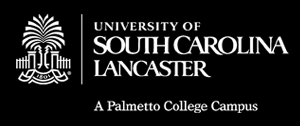Abstract
In 2016, the Merriam-Webster Dictionary and Time Magazine arrived at "post-truth" as the word of the year. This work looks at post-truth through political, cultural, and commercial lenses, each reflecting an understanding of how competition operates in the ongoing shift from the information society to the attention economy. In the information society, the economy is mediated by dialogue, credible gatekeepers, and an overriding belief in the coherence of a societal centre—a collusion ideology prevails. On the other hand, attention markets reward attention-getters for fragmenting publics, selecting and curating different audiences, and cultivating loyalty and influence within a particular audience or public—a collision ideology takes hold. In this work, we depict the ideological implications of the shift from information to attention markets as helping to erode a market depiction of society as multiple communities jostling for a more prominent voice yet living beneath a shared tent or commons. Within the Attention Economy (AE), supply and demand dynamics eat into the big tent version of the public, carving out multiple contending publics adhering to a shared conviction in their data, facts, and images as accurate, virtuous, and informed while disparaging and viewing those adhering to others as misinformed. The collision and collusion ideology coincides in AE, heightening confusion and serving as a portal to the post-truth era.
Recommended Citation
Wexler, Mark Neil and Oberlander, Judy
(2023)
"Ideology in the Attention Economy: A Portal to the Post-truth Era,"
Journal of Ideology: Vol. 42:
No.
1, Article 2.
Available at:
https://scholarcommons.sc.edu/ji/vol42/iss1/2
